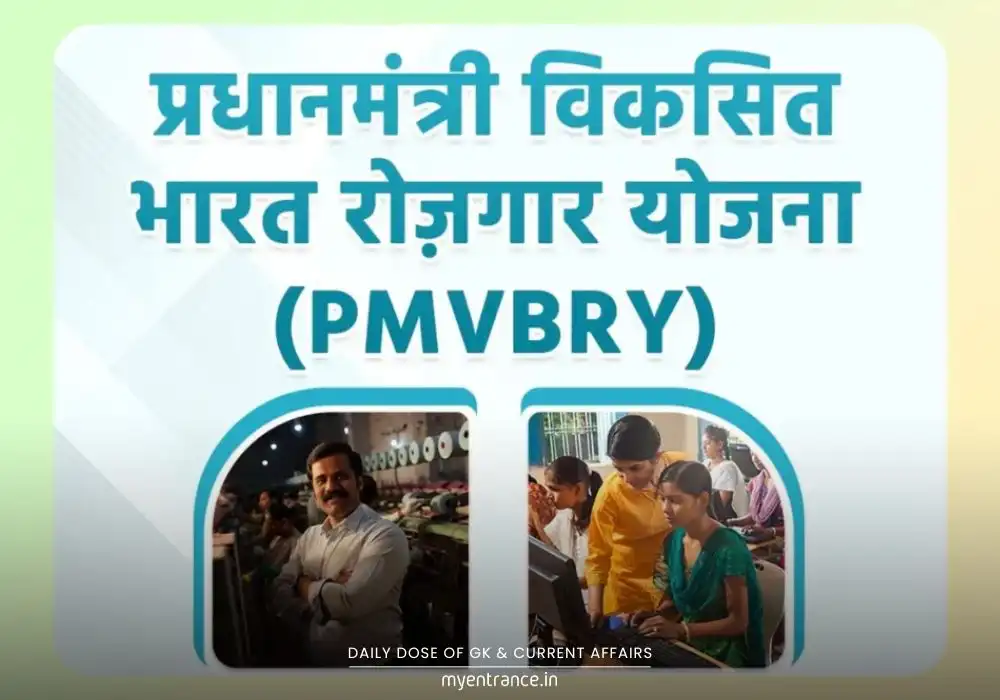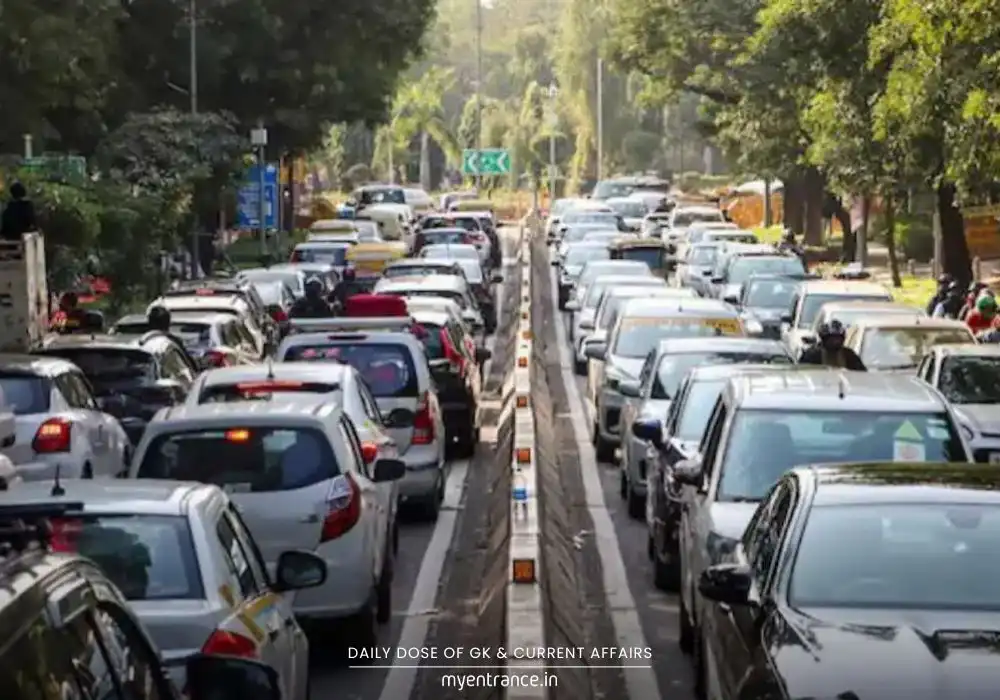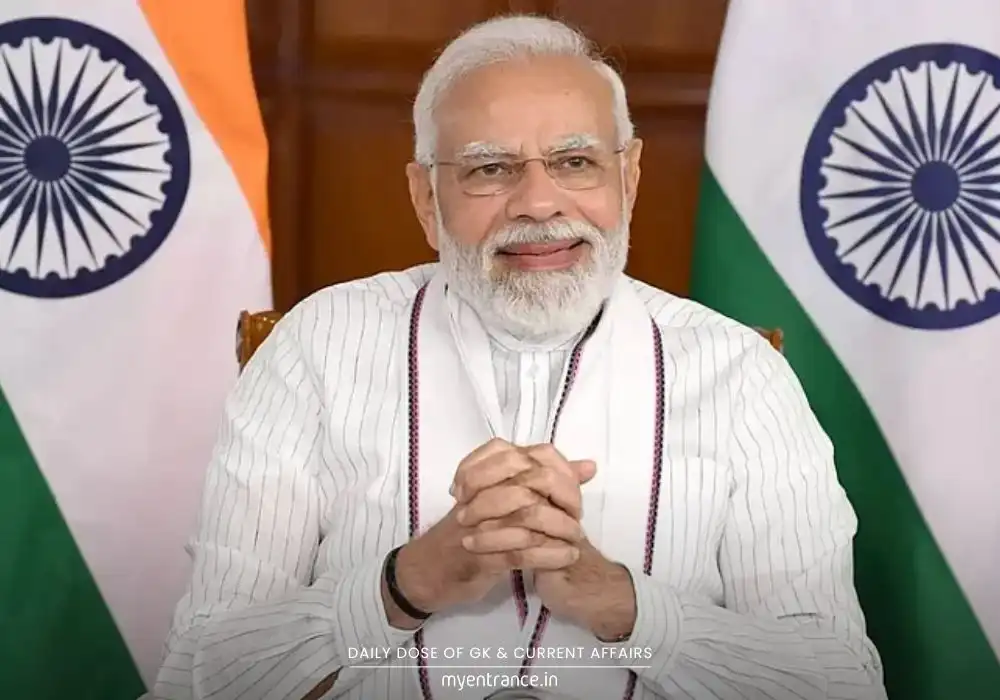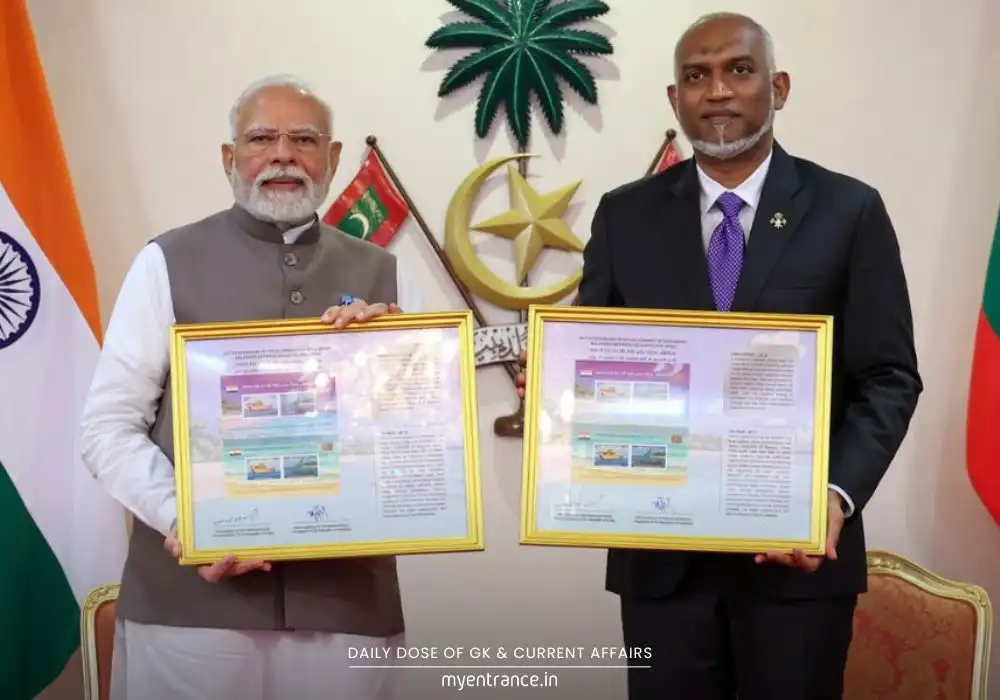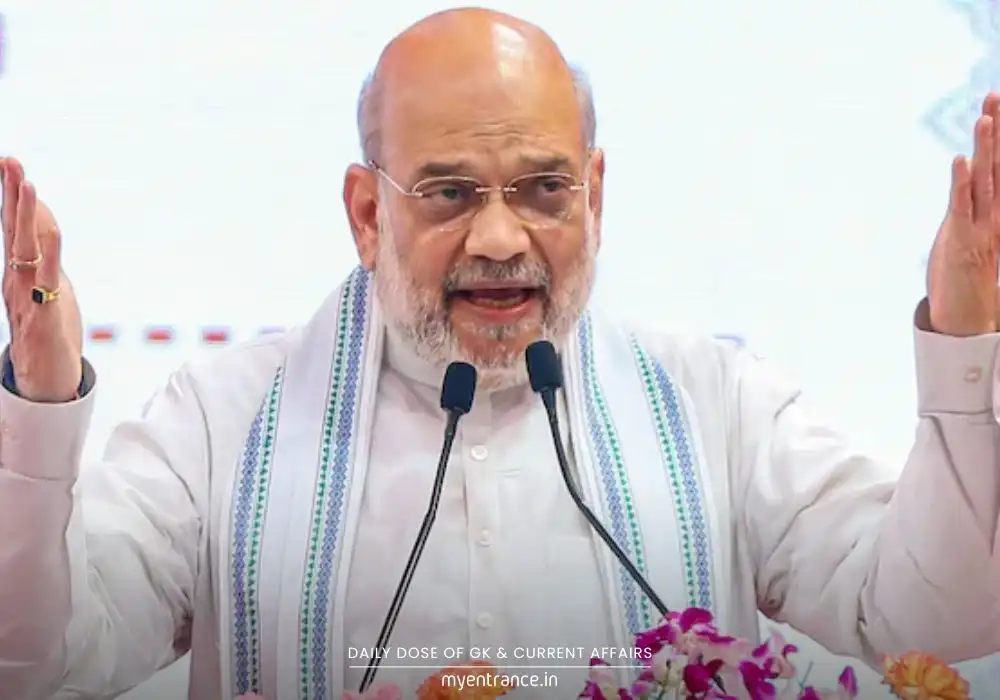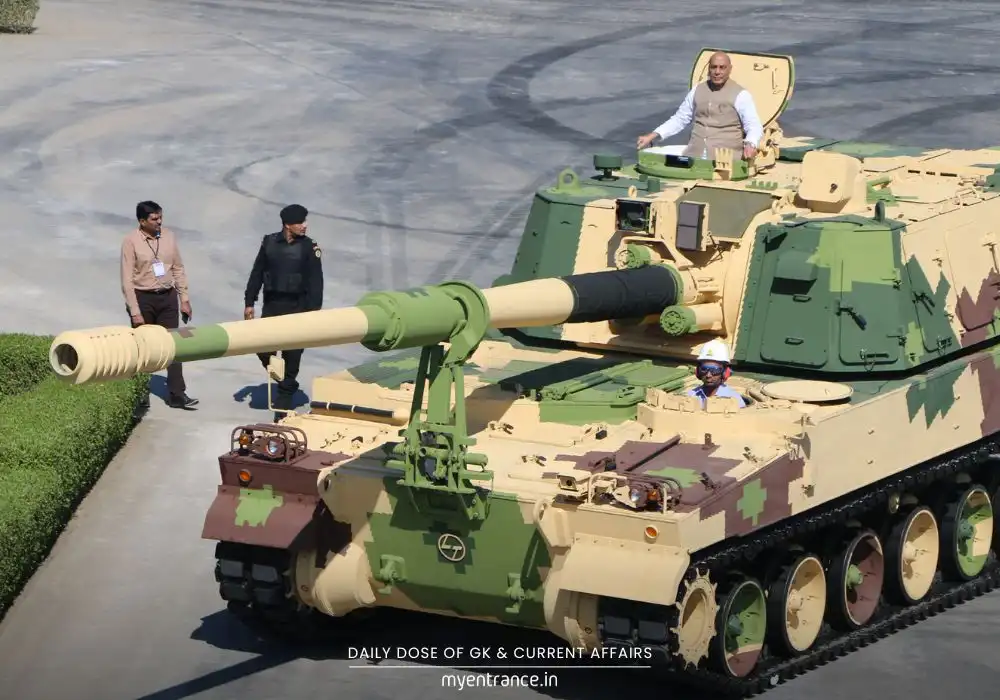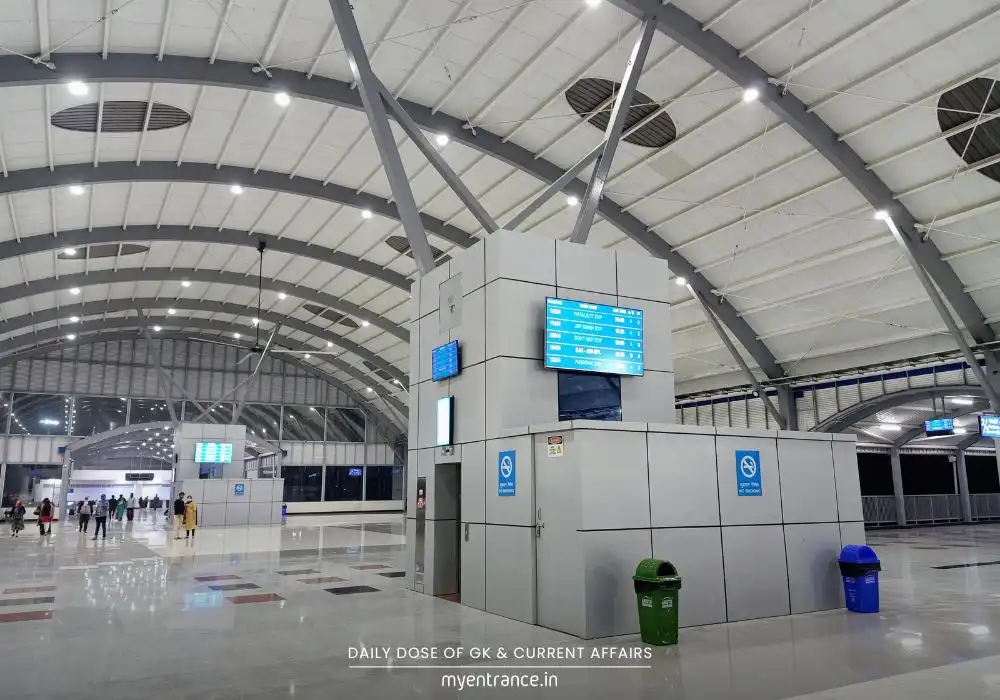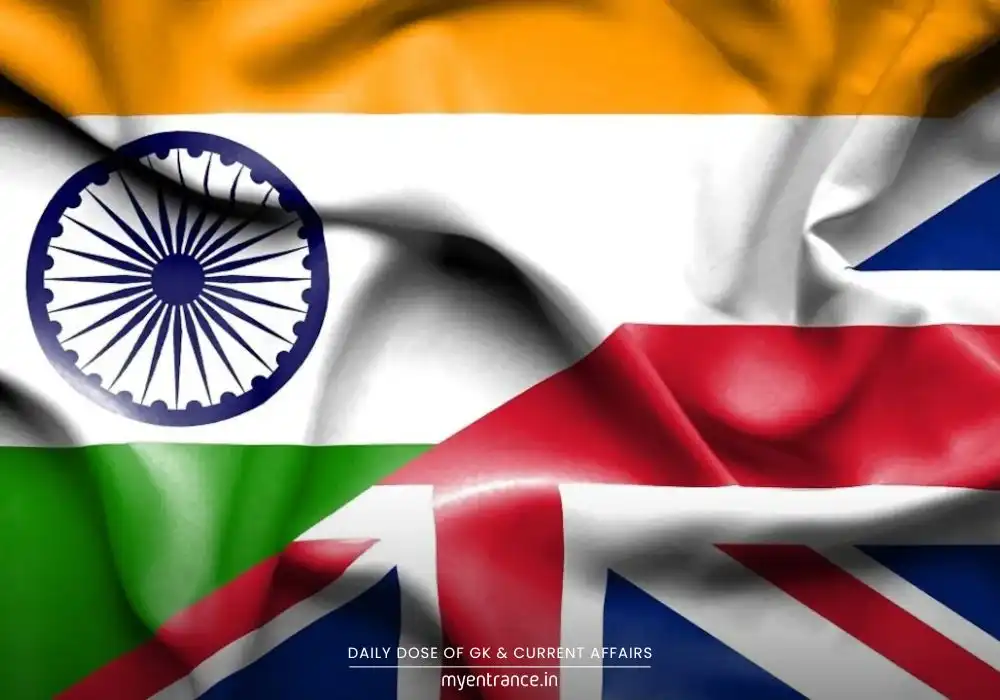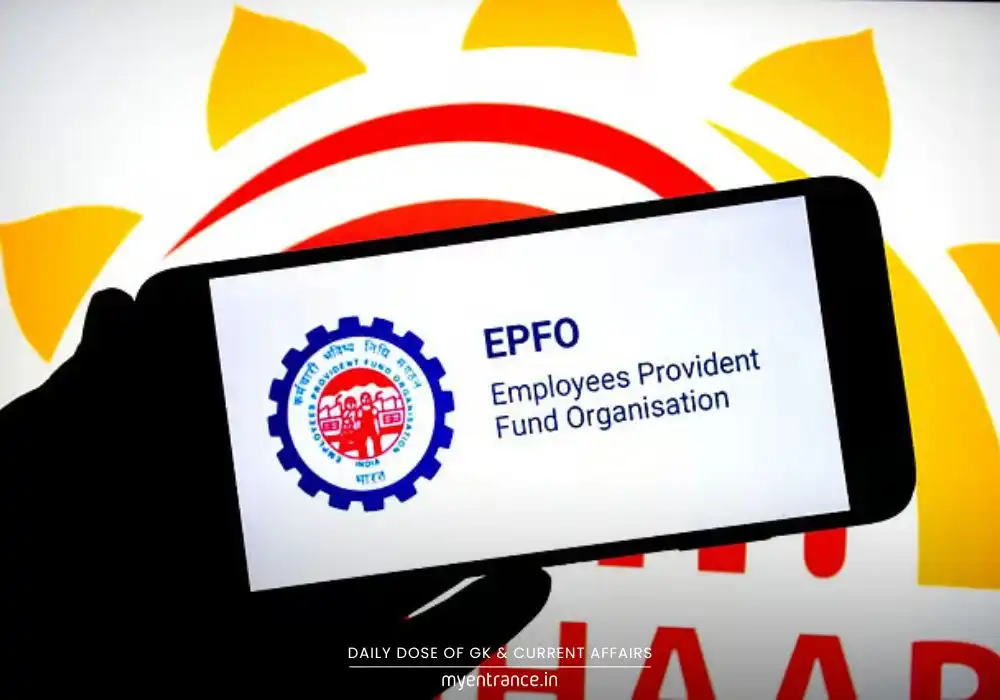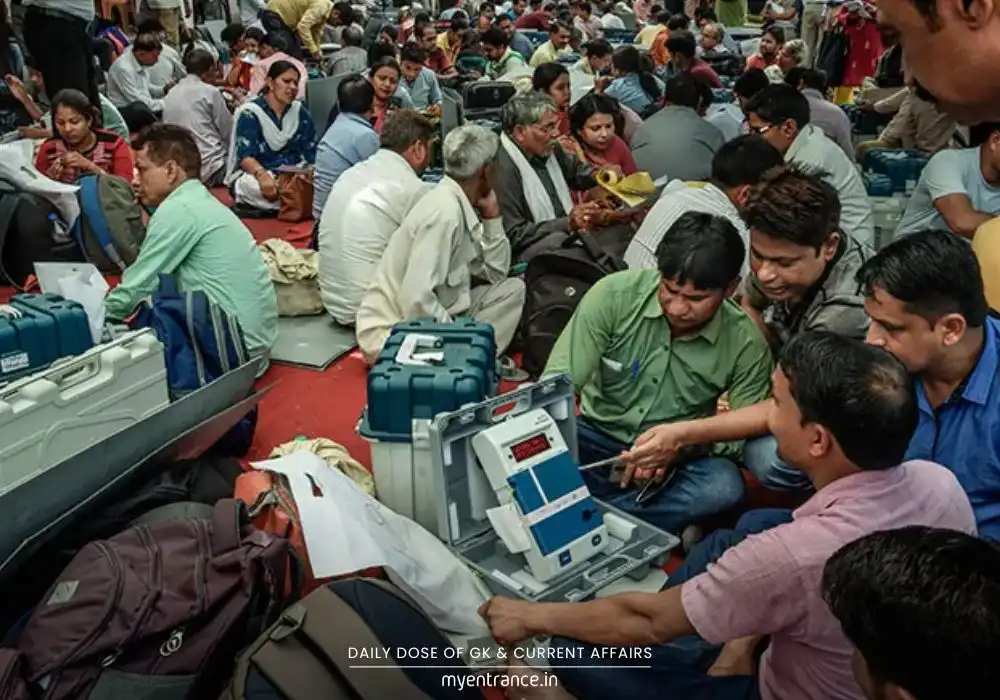Translate Language
Why Did Thailand Declare Martial Law Near the Cambodian Border?
Thailand has declared martial law in eight districts bordering Cambodia as violent clashes intensify between the two nations. The conflict, marked by artillery fire, airstrikes, and mass evacuations, has drawn global concern, with the UN Security Council convening an emergency meeting. For exam aspirants, understanding this geopolitical crisis is crucial for current affairs preparation.
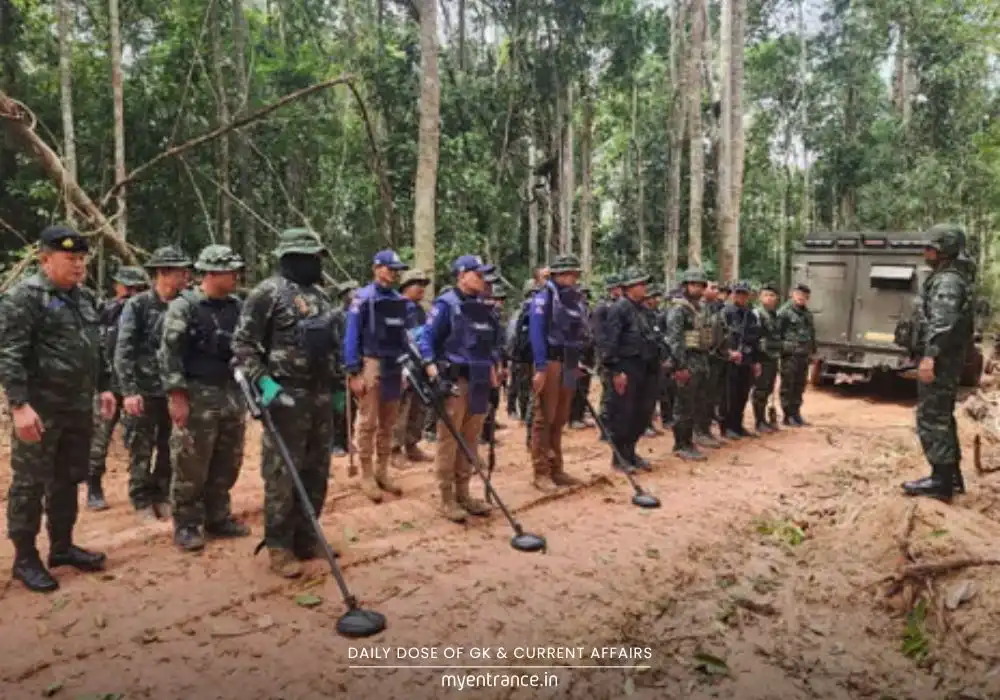
Thailand-Cambodia Border Conflict: Key Developments
Martial Law Imposed: Thailand enforced martial law in seven districts of Chanthaburi and one in Trat to protect sovereignty and civilians.
Escalating Violence: Both nations exchanged gunfire, artillery, and airstrikes, resulting in casualties—including civilians and soldiers.
Mass Displacement: Over 58,000 Thais and 4,000 Cambodians fled border areas, seeking refuge in temporary shelters.
Diplomatic Fallout: Cambodia expelled Thailand’s ambassador, while Thailand sealed all land border crossings.
Historical Tensions: The dispute traces back to colonial-era border demarcations, reignited recently by skirmishes and landmine accusations.
Why Is This Happening?
The immediate trigger was a deadly border skirmish in May 2024, but underlying tensions stem from unresolved territorial claims near ancient temples like Ta Muen Thom. Political posturing, military brinkmanship, and historical grievances have fueled the crisis.
Key Q&As for Exam Aspirants
1. Why did Thailand declare martial law near Cambodia?
To safeguard national sovereignty and civilians after armed clashes escalated.
2. What role has the UN played in this conflict?
The UN Security Council held an emergency meeting to address the crisis.
3. How has the conflict affected civilians?
Over 62,000 people were displaced, with reports of civilian casualties.
4. What’s the historical root of this dispute?
Unresolved border demarcations post-French colonial rule, particularly around temple complexes.
5. How have diplomatic relations been impacted?
Both nations downgraded ties, with Cambodia expelling Thailand’s ambassador.
Why Is This Important for Your Exams?
UPSC/SSC/PSC: Tests geopolitical awareness, India’s ASEAN relations, and conflict resolution mechanisms.
KAS/State PSCs: Covers international relations, border security, and humanitarian crises.
Essay/Interview Prep: Demonstrates analytical skills on regional stability and diplomacy.
Pro Tip: Link this to broader themes like ASEAN unity, UN intervention, or India’s “Neighborhood First” policy for higher marks.
Get 3 Months Free Access for SSC, PSC, NIFT & NID
Boost your exam prep!
Use offer code WELCOME28 to get 3 months free subscription. Start preparing today!



